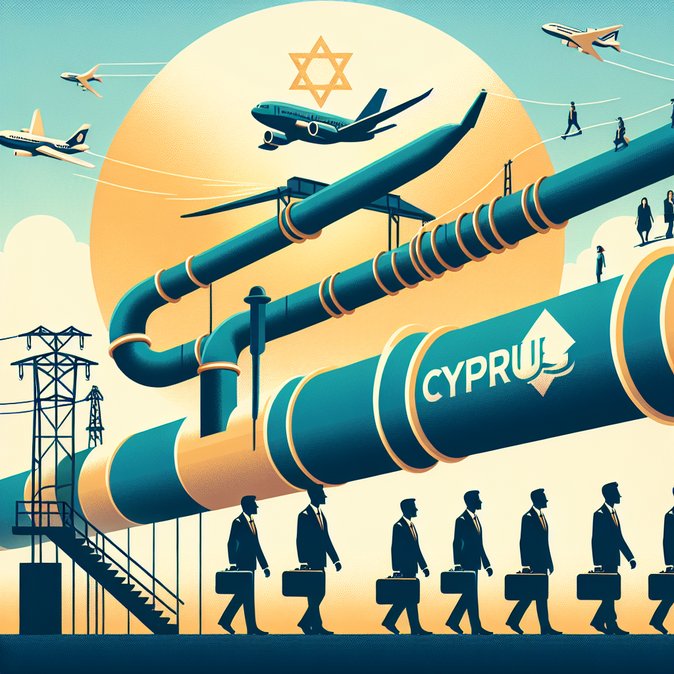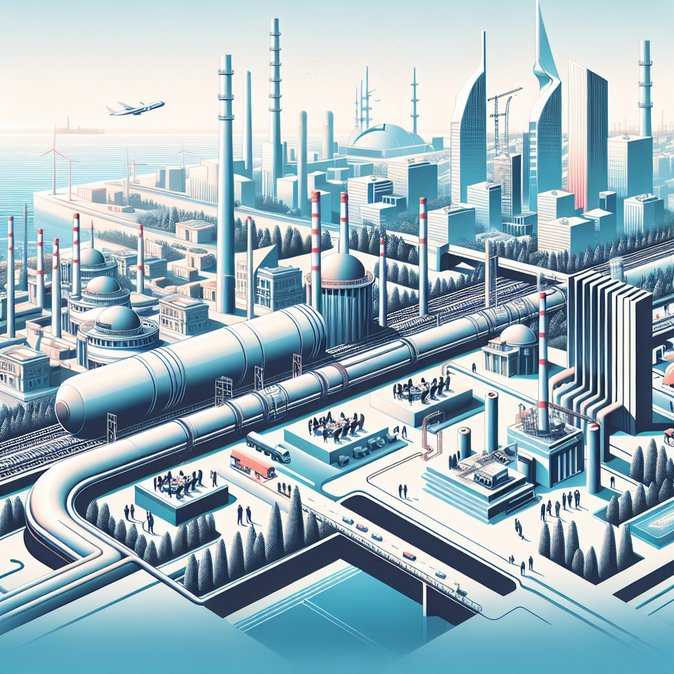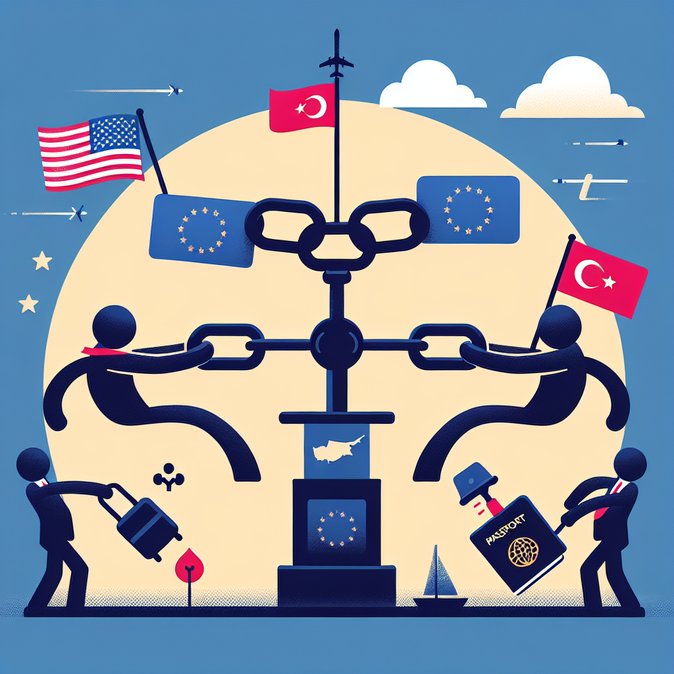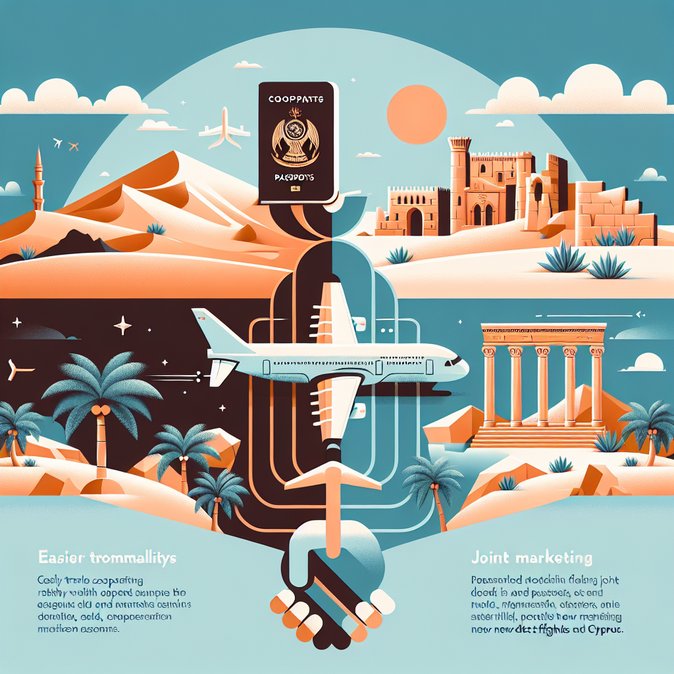
Cyprus’ Energy Minister Giorgos Papanastasiou confirmed on 16 November that Nicosia and Jerusalem are finalising an inter-governmental agreement to build a subsea pipeline linking Israel’s Leviathan and adjacent fields to a new liquefaction plant on Cyprus’ south coast. The 18-month pipeline project and the follow-on LNG terminal—expected to take a further 30 months—will require thousands of skilled engineers, welders, project managers and support staff from at least a dozen countries.
Although billed primarily as an energy-security play for Europe, the project is poised to become Cyprus’ largest inbound mobility programme since its LNG import terminal broke ground in 2021. Sub-contractors are already advertising for specialised work-permit holders, and the Deputy Ministry of Migration says it is preparing fast-track processing lanes modelled on the island’s existing renewable-energy visa scheme.
![Cyprus-Israel Gas Pipeline Deal Sets Stage for Surge in Cross-Border Energy Talent]()
The agreement will also trigger a spike in short-term business travel between Tel Aviv and Larnaca, where Hermes Airports is negotiating extra charter slots for engineering teams. Immigration lawyers expect a rush of “GAMMA” category residence-and-work permits for non-EU specialists, while relocation firms predict housing shortages in Limassol unless temporary accommodation blocks are approved.
From a policy standpoint, the pipeline could help Cyprus showcase its compliance with EU Entry/Exit System (EES) requirements by piloting biometric enrolment for inbound contractors. Officials say lessons learnt could feed directly into the country’s 2026 Schengen-accession target.
For multinationals, the key take-away is timing: companies that line up work-permit applications and housing contracts now will avoid the bottleneck that is certain to follow once the deal is formally signed and EPC packages are awarded next spring.
Although billed primarily as an energy-security play for Europe, the project is poised to become Cyprus’ largest inbound mobility programme since its LNG import terminal broke ground in 2021. Sub-contractors are already advertising for specialised work-permit holders, and the Deputy Ministry of Migration says it is preparing fast-track processing lanes modelled on the island’s existing renewable-energy visa scheme.

The agreement will also trigger a spike in short-term business travel between Tel Aviv and Larnaca, where Hermes Airports is negotiating extra charter slots for engineering teams. Immigration lawyers expect a rush of “GAMMA” category residence-and-work permits for non-EU specialists, while relocation firms predict housing shortages in Limassol unless temporary accommodation blocks are approved.
From a policy standpoint, the pipeline could help Cyprus showcase its compliance with EU Entry/Exit System (EES) requirements by piloting biometric enrolment for inbound contractors. Officials say lessons learnt could feed directly into the country’s 2026 Schengen-accession target.
For multinationals, the key take-away is timing: companies that line up work-permit applications and housing contracts now will avoid the bottleneck that is certain to follow once the deal is formally signed and EPC packages are awarded next spring.


